
Who is Seth Abramson?
As we navigate the complexities of the early 21st century, marked by rapid technological change, globalization, and a pervasive sense of existential uncertainty, the question of how to approach the healing of the human psyche has taken on a renewed urgency. In this context, the emerging philosophy of metamodernism, as articulated by thinkers like Seth Abramson, offers a compelling lens through which to re-envision the theory and practice of psychotherapy.
Metamodernism, in essence, represents an attempt to move beyond the binary of modernism and postmodernism, to integrate their seemingly opposed worldviews into a more holistic and nuanced understanding of the human condition. Where modernism emphasized grand narratives, universal truths, and the progressive march of reason, postmodernism deconstructed these meta-narratives, highlighting the contingent, contextual nature of all knowledge claims.
Abramson, in his extensive writings on the subject, characterizes metamodernism as a “structure of feeling” that oscillates between the modernist yearning for meaning and the postmodern skepticism towards any single, totalizing framework. It is a sensibility that embraces the idea of “metaxis” or “between-ness” – the notion that we are always situated in the liminal space between polarities, between sincerity and irony, hope and melancholy, construction and deconstruction.
The Relevance to Psychotherapy
This perspective has profound implications for the practice of psychotherapy. Much of the history of psychology has been shaped by the modernist paradigm, with its emphasis on scientific objectivity, diagnostic categories, and standardized treatment protocols. The postmodern turn in the late 20th century challenged this view, highlighting the role of social context, language, and power dynamics in shaping our understanding of mental health and illness.
Metamodernism offers a way to transcend this dichotomy, acknowledging the value of both empirical research and subjective meaning-making in the therapeutic process. It suggests that the role of the therapist is not simply to diagnose and treat disorders, nor to deconstruct all notions of health and pathology, but to help clients navigate the complexities of their lived experience with creativity, flexibility, and an openness to multiple interpretations.
Central to this approach is the idea of the “transcendent function,” a concept introduced by Carl Jung to describe the psyche’s innate capacity to hold and reconcile opposites. Jung saw the transcendent function as the key to individuation – the lifelong process of integrating the conscious and unconscious aspects of the self into a more whole and authentic being.
In the metamodern context, the transcendent function takes on a renewed significance. It becomes the very heart of the therapeutic endeavor – the means by which therapist and client co-create a space of transformative potential, a crucible in which the polarities of experience can be held and transmuted into new forms of meaning and identity.
Spirituality in a Post-Secular Age
Another key theme in Abramson’s work is the role of spirituality in the metamodern world. He argues that while traditional religious structures and beliefs have largely lost their hold in secular society, the human yearning for transcendence and connection remains as strong as ever. Metamodernism thus points towards a post-secular spirituality – one that honors the mystery and numinosity of existence without requiring adherence to any single dogmatic system.
For psychotherapy, this suggests the importance of creating space for clients’ spiritual and existential concerns, even if these take unconventional or idiosyncratic forms. It means recognizing that the search for meaning and purpose is not a pathology to be cured, but an essential aspect of the human journey, one that requires curiosity, empathy, and a willingness to venture into the unknown.
Trauma in the Metamodern Era
Finally, metamodernism offers a powerful framework for understanding and working with trauma in the contemporary world. Abramson argues that the defining characteristic of our era is the pervasive sense of “crisis” – the feeling that the old order is crumbling, but the new has not yet emerged. This collective state of uncertainty and upheaval can be deeply traumatizing, as it disrupts our fundamental assumptions about reality and our place within it.
At the same time, the metamodern perspective suggests that crisis is also an opportunity for growth and transformation. By learning to hold the tension of opposites, to find stability in the midst of change, and to create meaning out of chaos, we develop the resilience and adaptability needed to thrive in a rapidly shifting world.
For trauma therapy, this means moving beyond purely symptom-focused approaches and towards a more holistic and integrative model of healing. It means helping clients not just to process and recover from specific traumatic events, but to cultivate the inner resources and capacities needed to navigate the ongoing challenges of life in the metamodern age.
Legacy of Abramson for Psychotherapy
In sum, Seth Abramson’s articulation of metamodernism provides a rich and generative framework for re-envisioning the art and science of psychotherapy in the 21st century. By embracing the paradoxes and possibilities of this liminal cultural moment, by honoring both the universal and the particular, the objective and the subjective, the rational and the numinous, we can craft a model of healing that is truly responsive to the needs of our time.
As therapists, our task is to become cartographers of the psyche, helping our clients to map the uncharted territories of their inner and outer worlds with courage, compassion, and an abiding sense of wonder. In doing so, we participate in the great work of our era – the work of midwifing a new paradigm of human consciousness and culture, one that can hold the complexity of our global moment and guide us towards a more enlightened and integrated future.
Key Points
- Metamodernism is a philosophy that integrates aspects of modernism and postmodernism, embracing paradox, uncertainty, and the search for meaning in a rapidly changing world.
- For psychotherapy, metamodernism suggests a move beyond purely diagnostic or deconstructive approaches, towards a more holistic and creative engagement with clients’ lived experience.
- The Jungian concept of the “transcendent function” takes on new relevance in the metamodern context, as a way of holding and reconciling the tensions and oppositions of the psyche.
- Metamodernism points towards a post-secular spirituality that honors the mysteries of existence without requiring adherence to any single belief system, an approach with important implications for therapy.
- In an era defined by crisis and upheaval, metamodernism offers a framework for understanding and working with trauma that emphasizes resilience, meaning-making, and the transformative potential of adversity.
Metamodernism and Post Secularism
Navigating the Future of Meta Modern Therapy
Bibliography
Abramson, Seth. Metamodernism: The Future of Theory. London: Bloomsbury Academic, 2021.
Freinacht, Hanzi. The Listening Society: A Metamodern Guide to Politics Book One. UK: Metamoderna, 2017.
Jung, Carl Gustav. The Archetypes and the Collective Unconscious. Vol. 9, Part 1 of The Collected Works of C.G. Jung. Princeton: Princeton University Press, 1981.
Vermeulen, Timotheus, and Robin Van Den Akker. “Notes on metamodernism.” Journal of Aesthetics & Culture 2.1 (2010): 5677.
Wilber, Ken. Integral Psychology: Consciousness, Spirit, Psychology, Therapy. Boston: Shambhala, 2000.



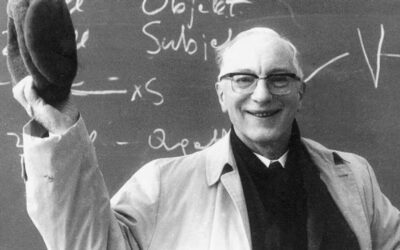








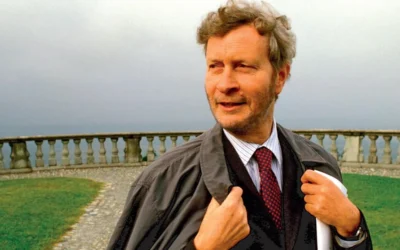
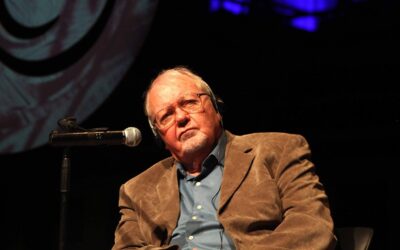

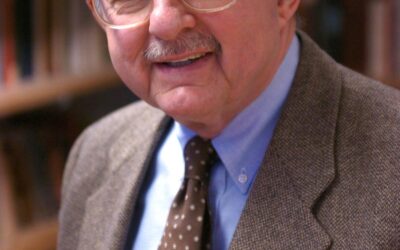
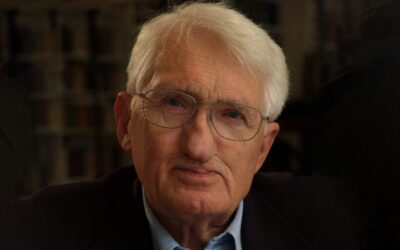


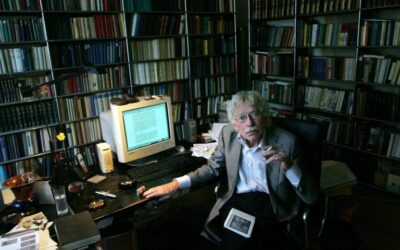

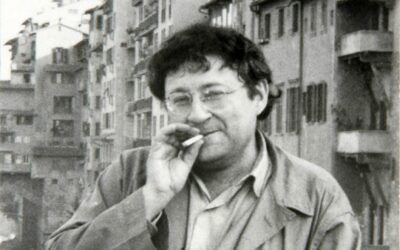
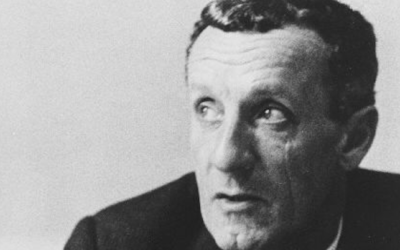
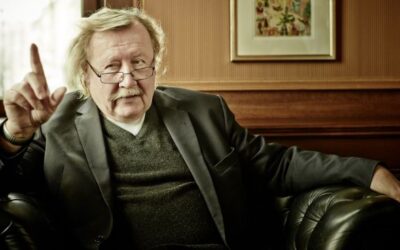

0 Comments